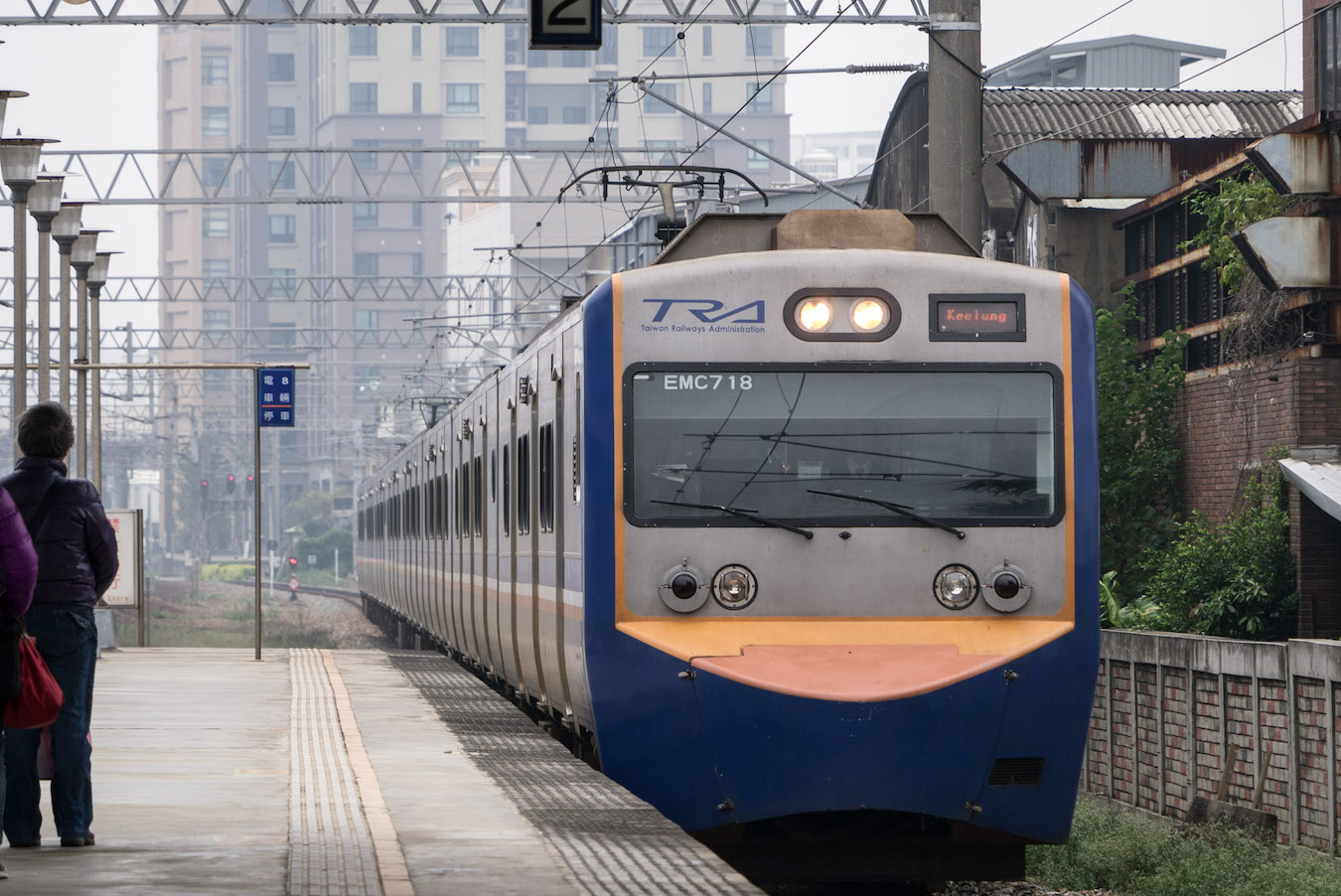by Brian Hioe
語言:
English
Photo Credit: Lexcie/WikiCommons/CC BY-SA 3.0
THE TAIWAN RAILWAYS ADMINISTRATION (TRA) was recently fined 300,000 NT for allowing unlicensed staff to drive vehicles used to repair tracks. This is the first time since 2021 that the TRA has faced such fines. Since the incident, the TRA claims that the staff members who were allowed to test the vehicles will undergo the licensing process
This is not the first time that the TRA has come under scrutiny for cost-cutting at the expense of safety. In particular, the most egregious incident to this effect involved the 2021 incident involving a Taroko Express train crashing into a truck that slid into the path of a tunnel.
49 were killed and 213 injured in what was Taiwan’s deadliest rail crash in history, surpassed only by a 1948 fire. It was later found that the contractor had won the tender for the construction despite a repeated history of violations and was working despite that there should have no work going on that day, seeing as it was a public holiday that would see increased rail traffic.
The TRA has continued with efforts aimed at reducing costs, even when workers warned that this could be dangerous. For example, the TRA is currently pressing ahead with plans for the corporatization of the TRA, something which has been opposed by many TRA workers. The corporatization of the TRA would see its conversion from a section of government into a state-owned enterprise, though workers have framed this as a de facto form of privatization.
A strike on International Workers’ Day in 2022, involving 12,000 of 16,000 TRA workers, including 1,300 train drivers, reveals the degree to which workers oppose the corporatization of the TRA. A subsequent strike that was originally planned for the Dragon Boat Holiday before being called off involved 1,348 of 1,400 train drivers.
The TRA is in significant debt, which is one reason as to why the government seeks to corporatize the agency. However, even as the government claims that it will maintain the benefits that workers currently have, workers have been critical of what they see as the worsening of labor conditions that they see as likely to take place afterward.
For example, workers are cautious of the potential that there will be worker reductions, with the TRA having cut workers from 22,500 to 12,500 between the 1970s and 2000s, even as the number of riders increased for the Taiwan Railways as a whole. Moreover, even as the management claims that corporatization will make the TRA safer, preventing incidents such as the 2021 Taroko Express accident from occurring, workers have suggested that this could have the opposite effect, in raising the likelihood of fatal accidents.
 Photo credit: billy1125/WikiCommons/CC BY 2.0
Photo credit: billy1125/WikiCommons/CC BY 2.0
Inadequate safety measures are generally seen as a contributing factor to fatal accidents in Taiwan’s transportation industry. A May 2023 incident in Taichung that killed one and injured ten likely proves similar, when a crane boom fell onto the tracks from the 31st floor of a building under construction. After the incident, it was found that the safety measures in place meant that the train driver did not have enough time to react to the crane boom.
However, this is an issue across the board in Taiwan’s transportation industry. In the airline industry, EVA pilots organized through the Taoyuan Union of Pilots (TUP) are currently considering a strike over the Lunar New Year holiday. The TUP is critical of inadequate salaries, as well as insufficient staffing for pilots, especially with the resumption of air travel after the COVID-19 pandemic. To this extent, apart from salaries that lag behind competitors, EVA pilots are critical of how the company has prioritized the hiring of foreign pilots to make up for manpower shortages, driving down salaries for Taiwanese pilots.
Labor discontent has existed in the airline industry for some time, with airline managements accused of targeting workers on a number of fronts. This includes anything from red-baiting union leaders to even accusing them of appearing in pornographic online videos. Furthermore, after the historic China Airlines strike in the summer of 2016, there has been a wave of organizing in the airline industry, including among pilots, flight attendants, and others. At present, flight attendants are also organizing against gendered uniform requirements in the airline industry. It is to be seen whether there will be the ability to push for changes in Taiwan’s transportation industry more widely, however.

